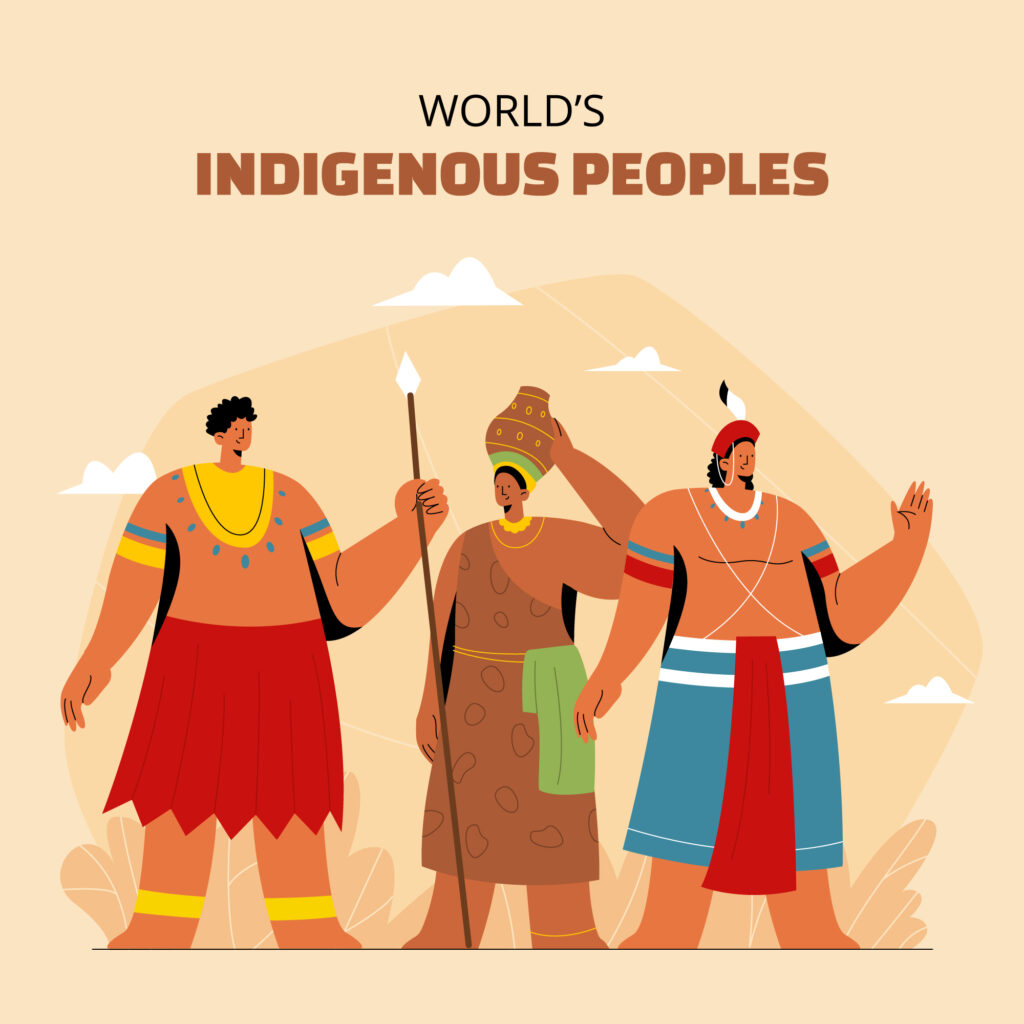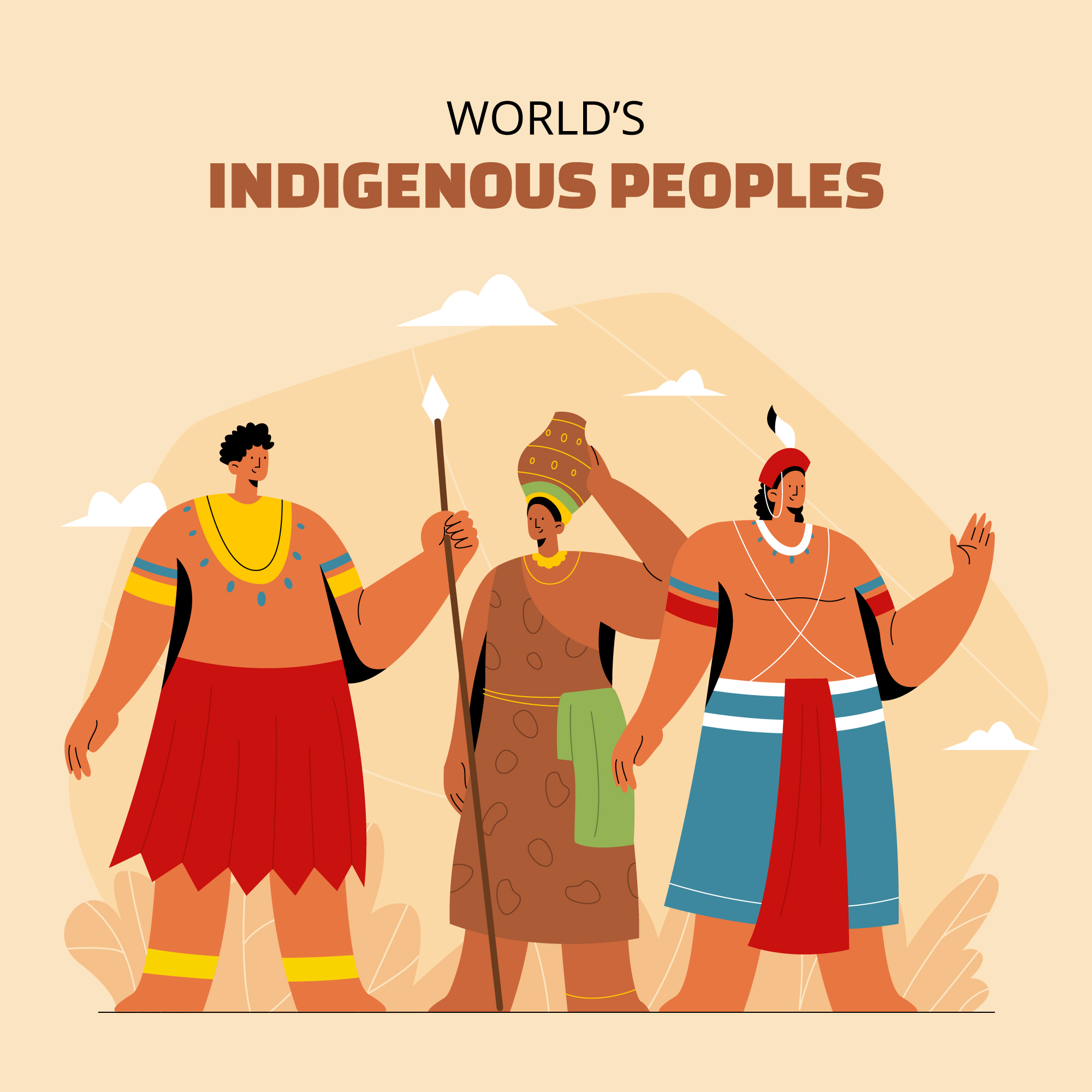In today’s rapidly changing world, the entrepreneurial spirit knows no bounds. Across the globe, individuals from diverse backgrounds are harnessing their creativity and determination to bring innovative ideas to life. Among these inspiring entrepreneurs are Indigenous and Native people, who have not only preserved their unique cultures but have also made significant contributions to the global business landscape. In this article, we will explore the stories of Indigenous and Native entrepreneurs who have overcome challenges, embraced their heritage, and built successful businesses, emphasizing the importance of recognizing and supporting these talented individuals.

Preserving Culture through Entrepreneurship
Indigenous and Native communities have a rich history of entrepreneurship deeply rooted in their traditions and values. Entrepreneurship in these communities often centers on sustainable practices, local resources, and a strong connection to the land. These entrepreneurs are not only building businesses but also preserving their cultures and traditions for future generations.
One such remarkable entrepreneur is Winona LaDuke, a member of the White Earth Nation in the United States. She founded the White Earth Land Recovery Project, a nonprofit organization dedicated to reclaiming and revitalizing Indigenous lands. Through her work, LaDuke has not only championed environmental sustainability but also empowered her community by providing economic opportunities and preserving their ancestral lands.
Challenges and Resilience
Indigenous and Native entrepreneurs face unique challenges that stem from historical injustices, discrimination, and socioeconomic disparities. However, their resilience and determination have allowed them to overcome these obstacles and thrive in the world of business.
Take, for example, Robert Yellowtail, a Crow tribal member who founded the Big Horn Outdoor Adventure Show in Montana, USA. Despite facing significant financial barriers and skepticism from some quarters, Yellowtail’s vision for promoting Native American culture and outdoor sports prevailed. Today, the Big Horn Outdoor Adventure Show is a thriving annual event that not only celebrates Native traditions but also generates economic opportunities for the community.
Access to Resources and Support
Access to resources and support networks is crucial for the success of any entrepreneur, and Indigenous and Native entrepreneurs are no exception. Initiatives that focus on providing training, mentorship, and financial assistance can play a pivotal role in nurturing the entrepreneurial spirit within these communities.
One such initiative is the Native American Business Incubator Network (NABIN), which offers training, mentoring, and access to capital for aspiring Indigenous and Native entrepreneurs. NABIN’s comprehensive approach helps entrepreneurs overcome barriers and turn their business ideas into reality.
Celebrating Indigenous and Native Entrepreneurs
Indigenous and Native entrepreneurs bring a unique perspective to the business world, often rooted in sustainable practices and a deep connection to their communities. Their stories and successes deserve recognition and celebration to inspire future generations.
For instance, Joy Harjo, a member of the Muscogee Creek Nation and the first Native American U.S. Poet Laureate, has used her platform to promote Indigenous culture and creativity. She founded the Mvskoke Arts Association, which supports Indigenous artists and artisans in their pursuit of entrepreneurship and artistic expression. Through her work, Harjo encourages Indigenous individuals to embrace their heritage and share their talents with the world.
Promoting Cultural Exchange
Indigenous and Native entrepreneurs often integrate their cultures and traditions into their business models, fostering cultural exchange and appreciation. These businesses not only generate economic growth but also contribute to a greater understanding of Indigenous and Native cultures.
One inspiring example of cultural exchange is the Taqasu Boutique in Peru. Founded by Mariángela Apaza, a Quechua entrepreneur, Taqasu Boutique specializes in handmade textiles and clothing. Apaza’s business not only celebrates Quechua culture but also brings global attention to the artistry and craftsmanship of Indigenous communities in Peru. Through her work, she promotes the value of traditional textiles while providing sustainable income opportunities for local artisans.
Empowering Future Generations
The stories of Indigenous and Native entrepreneurs serve as a source of inspiration for the younger generations within these communities. By showcasing the possibilities and successes of entrepreneurship, these individuals empower future leaders to pursue their dreams and make a positive impact on their communities.
The example of Shannon Pestun, a Métis entrepreneur from Canada, illustrates this beautifully. She founded Sacred Earth Solar, a company dedicated to bringing clean energy solutions to Indigenous and remote communities. Pestun’s commitment to sustainability and community empowerment not only addresses critical energy challenges but also inspires young Indigenous individuals to pursue careers in science and technology.
Conclusion
Indigenous and Native entrepreneurs are shining examples of resilience, creativity, and cultural preservation. Their stories demonstrate that entrepreneurship can be a powerful tool for building sustainable businesses while preserving and celebrating unique cultural heritages. Recognizing and supporting these inspiring individuals is not only a matter of social justice but also a way to promote economic growth, cultural exchange, and empowerment within Indigenous and Native communities. As we celebrate the successes of Indigenous and Native entrepreneurs, let us also strive to create an inclusive and supportive environment where their innovative ideas can continue to flourish for generations to come.
Related Articles:
1. The Rise of Indigenous Entrepreneurs: Inspiring Success …
2. 5 Amazing Small Indigenous Businesses You Should …
3. Nine Indigenous entrepreneurial leaders recognized for …




